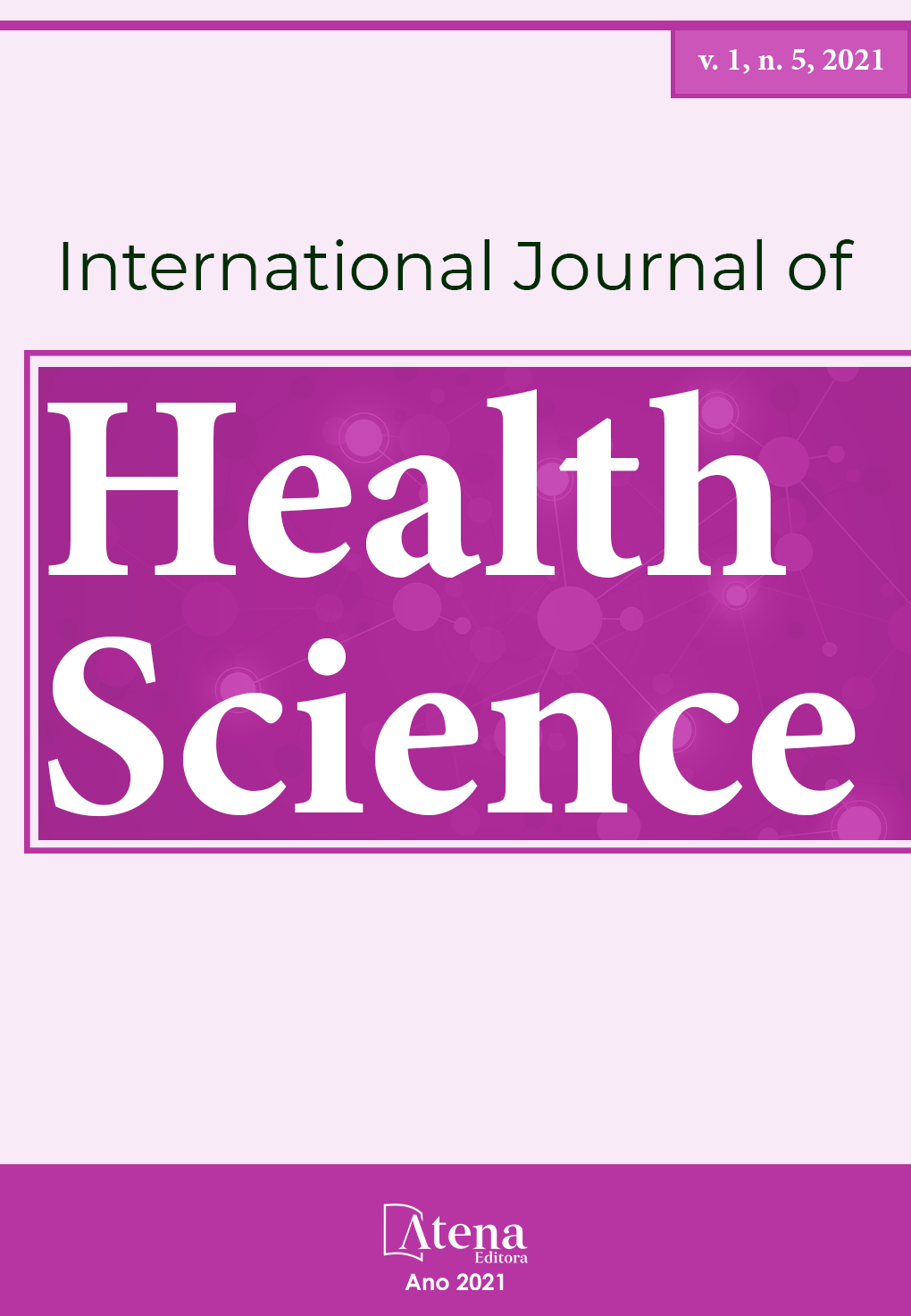
THE CRITICAL VISION OF SAFETY AND INTRAPERITONEAL ANALGESIA IN VIDEOLAPAROSCOPIC SURGERY
Videolaparoscopic cholecystectomy (CVL) is a surgical procedure where the resection of the gallbladder is performed by videolaparoscopy, which has advantages such as a reduction in surgery and hospitalization time and less surgical trauma, but it can also be associated with a high incidence of immediate postoperative pain. Therefore, effective pain control is crucial at this time. In the present study, we aimed to continue the assessment of analgesia with intraperitoneal ropivacaine as part of patient management in this procedure. To make it viable, approval was obtained from the Research Ethics Committee of the University of Vassouras, consent of the volunteers by signing the Informed Consent Term and, in addition, it will, in the future, obtain registration in the Clinical Trials Registration Platform. The study was divided into two stages: first, a controlled clinical trial, prospective, randomized blind study with a sample of volunteers, randomized through the group: Cholecystectomy Group, which will have a sample of 100 volunteer patients in the surgical ward of the University Hospital of Vassouras, Rio de Janeiro, Brazil. In the draw, it is being randomized between conventional and intraperitoneal analgesia. The second stage comprises a study with a qualitative, exploratory, descriptive and transversal approach. The data collection scheduled for the period from October 2020 to September 2021, resulted, so far, in only 7 patients for the intervention group due to the worldwide pandemic, therefore, it is not possible to observe significant results. However, in the studied sample, it was observed that intraperitoneal injection of ropivacaine during the procedure significantly reduced postoperative pain in these patients compared to the control group. The dose used was 75 mg, which is considered non-toxic, but future studies should explore the ideal duration for different doses, as well as the relationship between dosage and plasma concentration.
THE CRITICAL VISION OF SAFETY AND INTRAPERITONEAL ANALGESIA IN VIDEOLAPAROSCOPIC SURGERY
-
DOI: 10.22533/at.ed.15921161110
-
Palavras-chave: Laparoscopic cholecystectomy, analgesia, postoperative, ropivacaine, intraperitoneal.
-
Keywords: videolaparoscopic cholecystectomy, analgesia, postoperative, ropivacaine, intraperitoneal.
-
Abstract:
Videolaparoscopic cholecystectomy (VLC) is a surgical procedure where the resection of the gallbladder is performed by videolaparoscopy, in which it presents advantages such as reduced surgery and hospitalization time and less surgical trauma, but it can also be associated with a high incidence of immediate postoperative pain. Therefore, effective pain control is crucial at this point. In the present study, the objective was to continue the assessment of analgesia with intraperitoneal ropivacaine as part of patient management in this procedure. In order to make it viable, approval was obtained from the Research Ethics Committee of the University of Vassouras, consent of the volunteers through the signing of the Free and Informed Consent Form and, in addition, it will obtain, in the future, registration on the Clinical Trials Registration Platform. . The study was divided into two stages: first, a controlled clinical trial, prospective, randomized blind study with a sample of volunteers, randomized through the group: Cholecystectomy Group, which will have a sample of 100 volunteer patients in the surgical ward of the University Hospital de Vassouras, Rio de Janeiro, Brazil. In the draw, it is being randomized between conventional analgesia and intraperitoneal analgesia. In the second stage, it includes a study with a qualitative, exploratory, descriptive and transversal approach. The data collection scheduled for the period from October 2020 to September 2021, has resulted, so far, in only 7 patients for the intervention group due to the worldwide pandemic, therefore, it is not possible to observe significant results. However, in the studied sample, it was observed that the injection of intraperitoneal ropivacaine during the procedure significantly decreased the postoperative pain of these patients compared to the control group. The dose used was 75 mg, which is considered non-toxic, but future studies should explore the ideal duration for different doses, as well as the relationship between dosage and plasma concentration.
-
Número de páginas: 16
- Paulo Armando Marques Luna
- Dara Galo Marques Salomé
- Lucineide Martins de Oliveira Maia
- Aline Trovão Queiroz
- Luciana Leite de Mattos Alcantara
- Marcio Alexandre Terra Passos
- Patrick de Abreu Cunha Lopes


